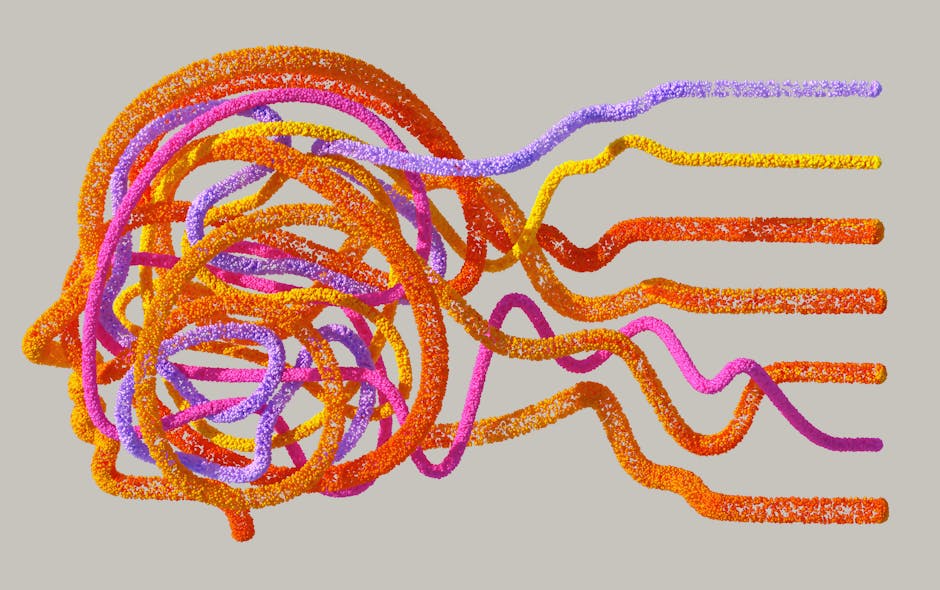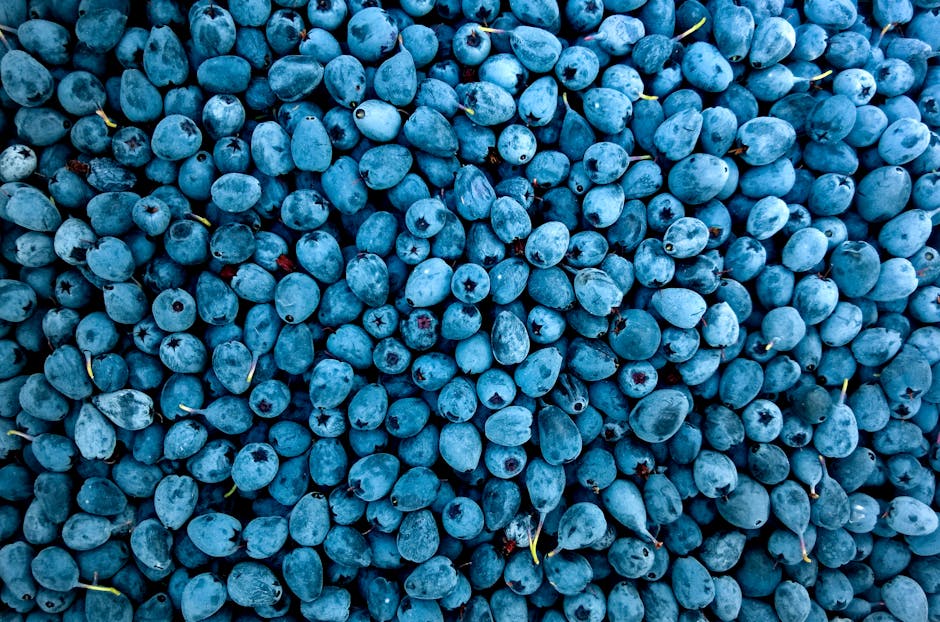Smart nutrition is the cornerstone of achieving optimal health and fitness. At Fit Food Wisdom, we believe that understanding the principles of smart nutrition empowers you to make choices that nourish your body, fuel your performance, and support lifelong wellness. In this ultimate guide, we’ll explore evidence-based strategies, practical meal planning tips, and sustainable habits to help you thrive on your health journey.
What is Smart Nutrition?

Photo by Ono Kosuki on Pexels
Smart nutrition is more than just following a diet; it’s an approach to eating that prioritizes nutrient-dense foods, balanced meals, and mindful choices tailored to your individual needs. Instead of restrictive rules, smart nutrition focuses on providing your body with the right fuel for energy, recovery, and overall well-being. This approach considers your lifestyle, activity level, and health goals, making it sustainable and adaptable over time.
Smart nutrition encourages a positive relationship with food, emphasizing whole foods such as vegetables, fruits, lean proteins, whole grains, and healthy fats. It also means being aware of portion sizes, listening to your body’s hunger cues, and making informed decisions about what you eat. By adopting smart nutrition, you lay the foundation for improved physical performance, mental clarity, and long-term disease prevention.
The Science Behind Smart Nutrition: Macronutrients & Micronutrients

Photo by Google DeepMind on Pexels
Understanding the role of macronutrients (carbohydrates, proteins, and fats) and micronutrients (vitamins and minerals) is essential for smart nutrition. Each macronutrient serves a specific function:
- Carbohydrates provide energy for daily activities and exercise. Choose complex carbs like whole grains, legumes, and starchy vegetables for sustained energy.
- Proteins are crucial for muscle repair, immune function, and hormone production. Include a variety of protein sources such as lean meats, fish, eggs, dairy, beans, and plant-based alternatives.
- Fats support brain health, hormone regulation, and nutrient absorption. Focus on healthy fats from nuts, seeds, avocados, olive oil, and fatty fish.
Micronutrients, including vitamins (like A, C, D, E, and the B complex) and minerals (such as calcium, magnesium, iron, and zinc), are required in smaller amounts but are vital for metabolic processes, immune defense, and bone health. A colorful, varied diet is the best way to ensure you’re meeting your micronutrient needs.
Building a Balanced Plate: Practical Meal Planning Tips

Creating balanced meals is at the heart of smart nutrition. The concept of a balanced plate helps you visualize the ideal proportions of different food groups for optimal nourishment:
- Fill half your plate with non-starchy vegetables and fruits for fiber, antioxidants, and micronutrients.
- Reserve a quarter for lean protein sources to support muscle health and satiety.
- Dedicate the remaining quarter to complex carbohydrates for sustained energy.
- Include a small amount of healthy fat to enhance flavor and nutrient absorption.
Meal planning doesn’t have to be complicated. Start by choosing recipes that incorporate a variety of colors and textures. Batch-cook grains and proteins for the week, prep vegetables in advance, and keep healthy snacks on hand. Consistency and variety are key to enjoying your meals and sticking to your nutrition goals.
Smart Nutrition for Fitness: Fueling Performance and Recovery

Photo by Darina Belonogova on Pexels
Whether you’re a casual exerciser or a dedicated athlete, smart nutrition plays a pivotal role in supporting your fitness goals. Pre-workout meals should focus on easily digestible carbohydrates and moderate protein to provide energy and prevent muscle breakdown. Examples include oatmeal with fruit, a banana with nut butter, or whole-grain toast with eggs.
Post-workout nutrition is equally important for recovery. Aim for a combination of protein (to repair muscles) and carbohydrates (to replenish glycogen stores) within an hour after exercise. Greek yogurt with berries, a turkey sandwich on whole grain bread, or a protein smoothie with spinach and banana are excellent choices.
Hydration is often overlooked but is essential for peak performance. Drink water throughout the day, and consider electrolyte-rich beverages if you’re engaging in prolonged or intense activity. Remember, smart nutrition is about aligning your eating habits with your activity level and personal fitness objectives.
Mindful Eating: Cultivating a Healthy Relationship with Food

Photo by Mikhail Nilov on Pexels
Mindful eating is an integral part of smart nutrition. It involves paying attention to your body’s hunger and fullness signals, eating without distractions, and savoring each bite. This practice can help prevent overeating, reduce stress around food, and enhance your enjoyment of meals.
To eat mindfully, start by slowing down during meals. Put away screens, chew thoroughly, and notice the flavors and textures of your food. Check in with your hunger before, during, and after eating. Are you truly hungry, or are you eating out of habit or emotion? By becoming more attuned to your body’s needs, you can make choices that support both your physical and emotional well-being.
Mindful eating also means letting go of food guilt and embracing flexibility. No single food will make or break your health. Instead, focus on overall patterns and balance, allowing for occasional indulgences as part of a sustainable lifestyle.
Smart Nutrition for Special Diets: Personalization and Flexibility

Everyone’s nutritional needs are unique. Smart nutrition recognizes and accommodates special dietary requirements, whether due to allergies, intolerances, medical conditions, or personal preferences. Common special diets include vegetarian, vegan, gluten-free, dairy-free, and ketogenic diets.
When following a special diet, it’s important to ensure you’re still meeting your nutrient needs. For example, vegetarians and vegans should pay attention to protein, iron, vitamin B12, and omega-3 fatty acids. Those on gluten-free diets need to find alternative sources of fiber and B vitamins. Consulting with a registered dietitian can help tailor your nutrition plan and address any potential nutrient gaps.
Smart nutrition is inherently flexible. It allows for adaptation as your lifestyle, health status, and goals evolve. The key is to focus on whole, minimally processed foods, variety, and balance—regardless of your specific dietary pattern.
Sustainable Habits for Lifelong Wellness

Photo by Polina Tankilevitch on Pexels
Building sustainable nutrition habits is the secret to long-term health and fitness. Quick fixes and fad diets may promise rapid results, but they rarely lead to lasting change. Instead, smart nutrition encourages gradual, realistic adjustments that fit your lifestyle and preferences.
Start by setting small, achievable goals, such as adding an extra serving of vegetables to your meals or cooking at home more often. Track your progress, celebrate your successes, and learn from setbacks without judgment. Surround yourself with a supportive environment—stock your kitchen with healthy options, plan meals ahead, and involve family or friends in your wellness journey.
Remember, consistency is more important than perfection. Over time, these small changes add up to significant improvements in energy, mood, and overall health. By practicing smart nutrition, you invest in your well-being today and for years to come.
Conclusion: Embracing Smart Nutrition for a Healthier Future

Photo by Andrea Piacquadio on Pexels
Smart nutrition empowers you to make informed, nourishing choices that support your health, fitness, and quality of life. By understanding the science of nutrition, practicing mindful eating, and building sustainable habits, you can achieve optimal wellness without deprivation or confusion. At Fit Food Wisdom, we’re here to guide you on your journey to lifelong vitality—one smart choice at a time.
Sources
- https://www.heymarvelous.com/blog/seo-for-wellness-blog
- https://www.brandsetgrow.com/blog/seo-tips-health-wellness-fitness-brands
- https://roiminds.com/health-and-wellness-blog-for-seo/
- https://www.gethealthie.com/blog/seo-for-medical-practices
- https://www.getweave.com/seo-strategies-wellness/

